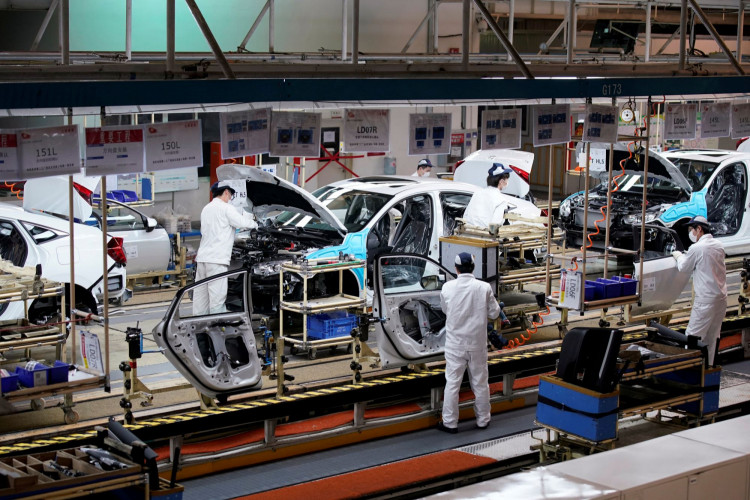Last Sunday, China announced a tax exemption extension for small businesses in the country. The imposition was to improve the inclusive financial services of the country for the sector.
Tax exemptions for small businesses in China expired last year. However, the government recently announced that the tax exemption deadline would extend until Dec. 31, 2023.
In a joint statement issued by the Ministry of Finance and State Taxation Administration of China, the extension would boost policy support and encourage financial institutions to improve their financial services to small businesses. The tax exemption was first imposed by Chinese authorities in 2017, where financial institutions would be exempt from paying value-added taxes (VATs) on income from interests for loans. These loans covered those transacted by small and micro-sized businesses and individually-owned businesses in the country.
The joint statement also revealed that VAT was already collected but may be waived during the exemption period and may be deducted in subsequent months. Another option would be for the businesses to opt for a tax refund for already paid for VAT payments.
The policy changes in China were perceived to stimulate the country's domestic car market as well. Other than the extension of VAT exemptions, the country is also expected to impose favorable financial policies that would trigger car sales to stimulate domestic demand for the product.
According to a senior official at the National Development and Reform Commission Yan Pengcheng, boosting domestic demand for car sales is among the significant tasks of policy-making in the country. He claimed that demand for vehicles and home appliances is expected to rise and that favorable policies would improve the country's economy caused by the improvements in this sector.
Yan added that the auto market houses 1.4 billion people that may indicate growth potential. During a conference in Beijing last week, Yan revealed that both central and local authorities have agreed on several measures to alleviate the adverse effects of the pandemic to the sector. Favorable policies that would boost car sales would soften the impact of the pandemic on the auto industry.
The finance ministry also released a plan that would extend subsidies for new energy vehicles by 2020. These vehicles would remain exempt from purchase taxes for two years.
Mega cities in China also relaxed limits on license plate quotas. Last Thursday, the Shanghai government announced that it would offer 40,000 more license plates for 2020 that would help the sector recover from losses incurred in 2019.






